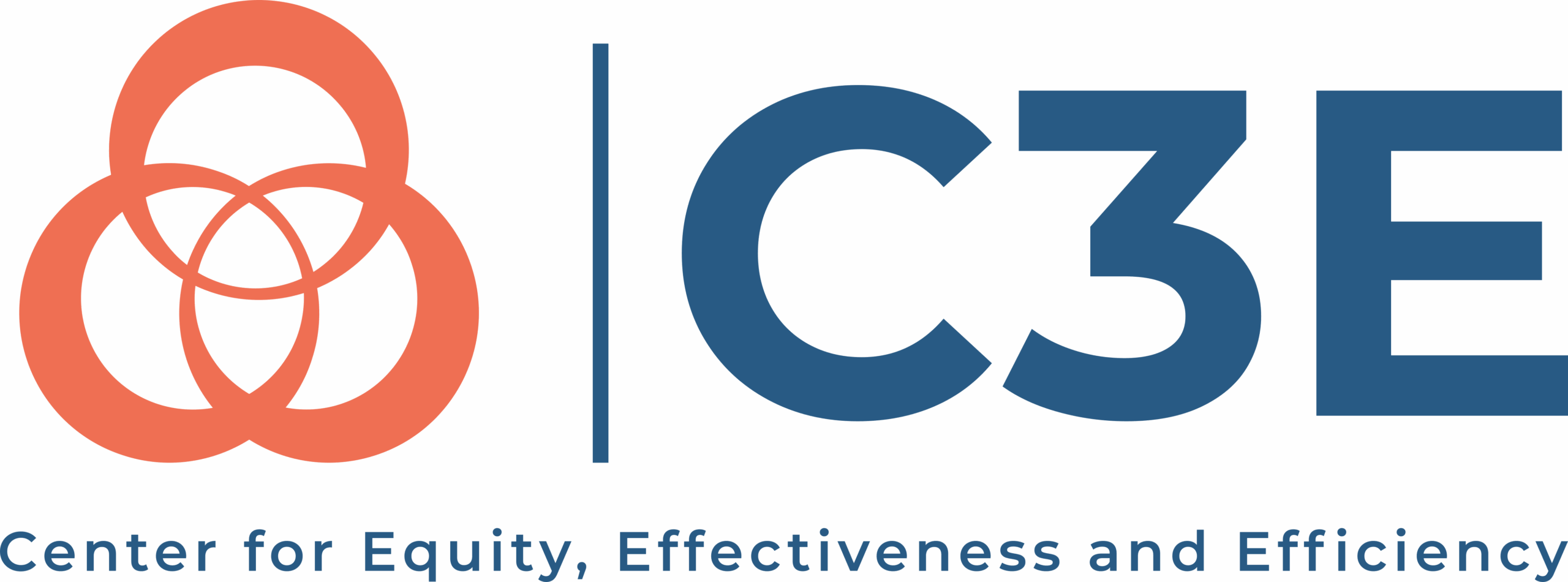Emotional Intelligence (EQ) is critical for fostering trust, accountability, and empathy in leadership. Leaders must build safe and inclusive environments, hold themselves accountable for promoting equity, and address conflicts in a way that prioritizes healing and inclusion. This domain also focuses on self-reflection to address implicit biases and personal accountability.

CORE COMPETENCIES:
- Empathy and Compassion – Recognize and respond to the needs of employees and each other with understanding and care.
- Self-Reflection – Engage in self-assessment to improve equity leadership practices and mitigate biases.
- Trust-Building – Build trust with diverse communities through transparent and authentic actions.
- Accountability Mechanisms – Establish mechanisms to hold leaders accountable for achieving equity goals.
- Conflict Resolution – Address conflicts constructively and prioritize equity-centered solutions.
ESSENTIAL QUESTIONS:
- How do we foster a culture of trust and psychological safety within our organization and community, ensuring that all voices feel heard and valued?
- How do we cultivate emotionally intelligent leadership that is both accountable and empathetic in driving equity goals?
- How do we engage in deep self-reflection and cultivate self-awareness to recognize and address our unconscious biases?
- What compassionate and transparent mechanisms do we have in place to assess our progress, share meaningful insights, and ensure continuous growth toward equity?
| AUTHOR OR INSTITUTION | TITLE | LINK | ONE SENTENCE DESCRIPTION |
| Center for Leadership in Educational Equity | CLEE Protocol Guide | Link | CLEE’s nationally recognized programs empower education leaders to transform instructional practices and systems, addressing the root causes of educational inequities and driving student success through shared leadership and continuous improvement. |
| Multi-Health Systems (MHS | Emotionally Effective Leader Workshop | Link | This interactive workshop provides leaders with tools and strategies to enhance emotional intelligence (EI) skills, fostering stronger leadership, resilience, and workplace effectiveness. |
| Kellogg Foundation | Logic Model Development Guide | Link | The W.K. Kellogg Foundation’s Logic Model Development Guide is a practical resource that enhances program planning, evaluation, and action by guiding organizations in developing and applying logic models to clarify and achieve their goals. |
| Travis Bradberry & Jean Greaves | Emotional Intelligence 2.0 | Link | This book offers a framework for developing emotional intelligence through practical strategies and self-assessment tools designed to improve personal and professional effectiveness. |
| Harvard Business Review (HBR) | Emotional Intelligence | Link | A curated collection of research and insights exploring how emotional intelligence impacts leadership, decision-making, and workplace dynamics, with a focus on self-awareness, empathy, and relationship management. |
| The Praxis Project | Developing an Equity Impact Assessment | Link | The article provides a guide on developing an Equity Impact Statement for local policymaking to ensure that policies are fair, equitable, and aligned with a jurisdiction’s commitment to addressing historic patterns of bias and discrimination. |
| YWCA | Municipal Equity Kickstart Guide | Link | The YWCA City Shift Kickstart Guide is designed to help municipalities incorporate an intersectional equity lens in planning, service, funding, and policy decisions to ensure that cities are designed and built to serve the entire community, particularly by including underrepresented voices in civic decision-making processes. |
C3E RESOURCE CENTER NAVIGATION
ABOUT REDI
REDI COMPETENCY FRAMEWORK
POLICY ANALYSIS
PROCESS CHANGE
PROJECT MANAGEMENT
EMOTIONAL INTELLIGENCE

